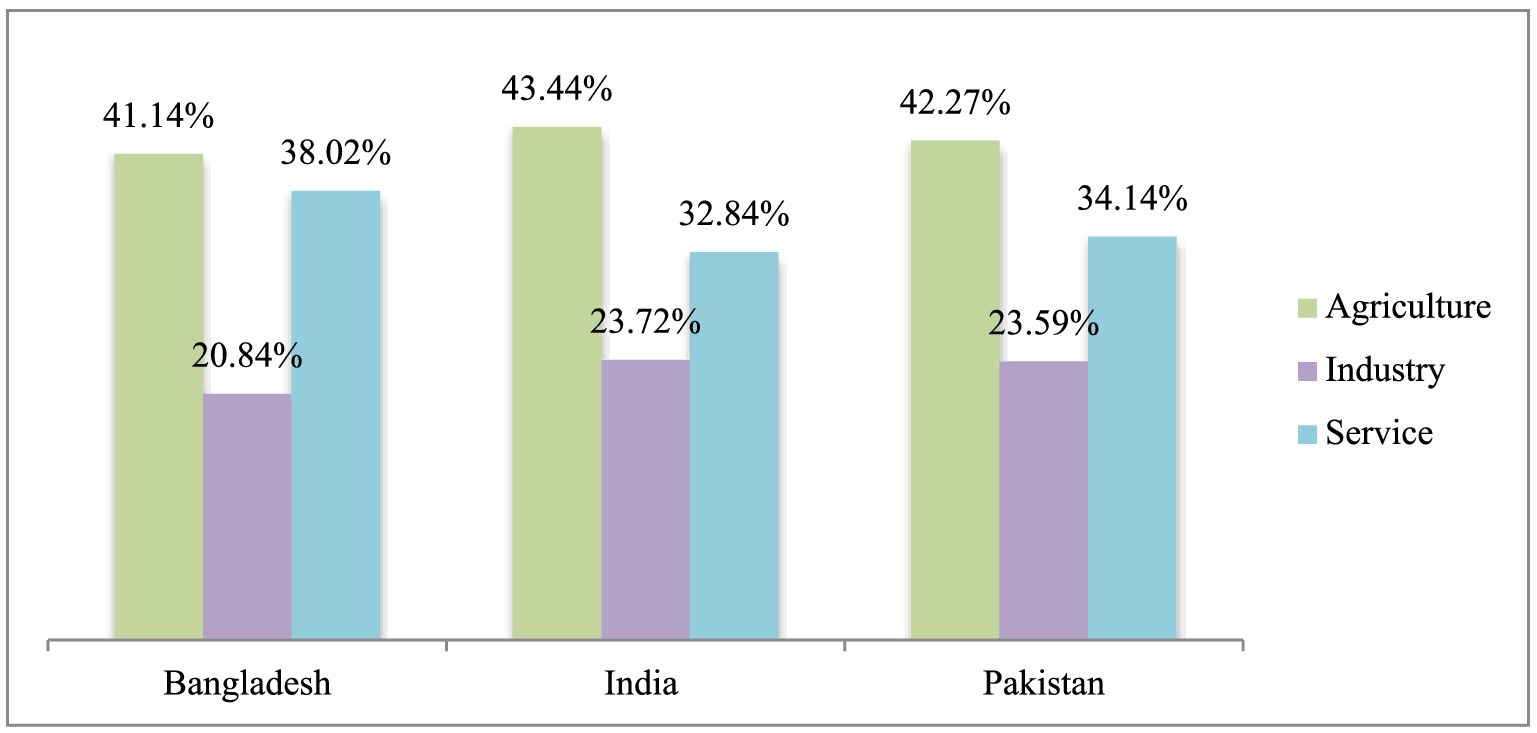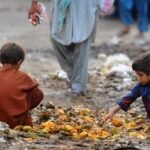The COVID-19 pandemic has significantly impacted farmers in Pakistan, particularly in the provinces of Sindh and Punjab. The pandemic has disrupted farm production and supply chains, leading to adverse effects on agricultural households. According to a publication by the Asian Development Bank (ADB), the pandemic has caused a decline in production and supply, despite exemptions imposed on agriculture during lockdowns and travel restrictions in 2020-2021.
The ADB conducted surveys of farm households in Sindh and Punjab, revealing that one-third of farm households reported losses in wages and nonfarm earnings, while 22% had family members return home from urban areas
The disruptions to supplies of improved seeds and chemical fertilizers have also affected vegetable farmers in Pakistan. However, the agriculture sector has shown resilience in the face of the pandemic, with the Pakistan Economic Survey 2019-2020 indicating that it grew by 2.67 percent, outperforming other sectors. Despite this resilience, the pandemic has created a restrictive environment in global agricultural trade, impacting agricultural imports such as seeds, pesticides, and fertilizers, particularly affecting rice growers who are major exporters.
Policy interventions addressing the specific needs of women farmers are crucial to mitigate the economic fallout and accelerate the recovery process in rural areas. The emergence of new regulations during the pandemic has increased trade barriers and disrupted the agricultural food supply chain, posing further challenges for farmers.
The COVID-19 pandemic has brought about a range of challenges for farmers in Pakistan, affecting their livelihoods, supply chains, and access to essential resources. The resilience of the agriculture sector amidst these challenges, along with the need for targeted policy interventions, highlights the importance of supporting farmers and addressing the specific impacts of the pandemic on agricultural communities.














